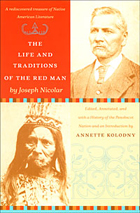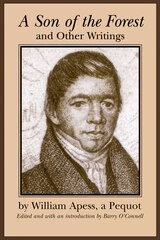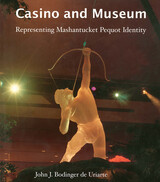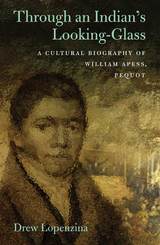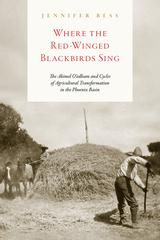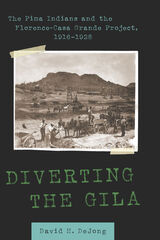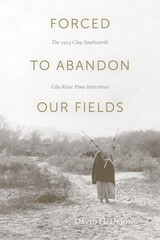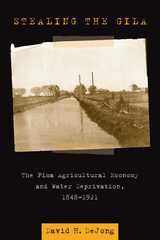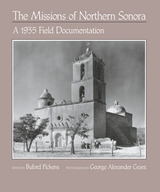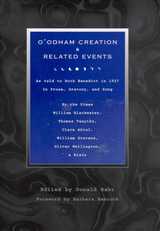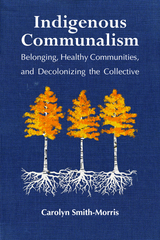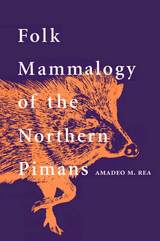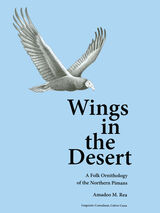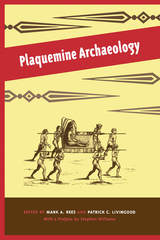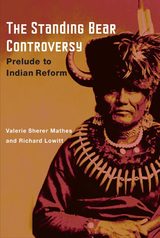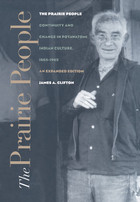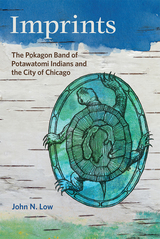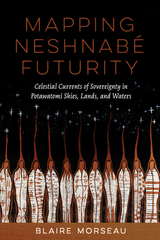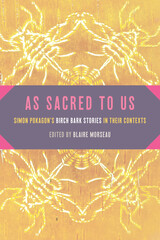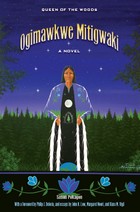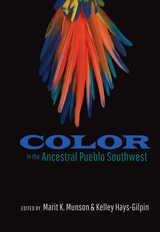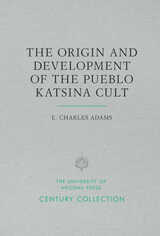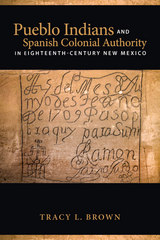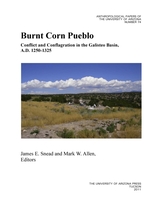Indigenous Communalism: Belonging, Healthy Communities, and Decolonizing the Collective
Rutgers University Press, 2020
Cloth: 978-1-9788-0542-2 | Paper: 978-1-9788-0541-5 | eISBN: 978-1-9788-0545-3 (ePub NK) | eISBN: 978-1-9788-0543-9 (Kindle) | eISBN: 978-1-9788-0544-6 (PDF)
Library of Congress Classification E99.P6S65 2020
Dewey Decimal Classification 305.89745529
Cloth: 978-1-9788-0542-2 | Paper: 978-1-9788-0541-5 | eISBN: 978-1-9788-0545-3 (ePub NK) | eISBN: 978-1-9788-0543-9 (Kindle) | eISBN: 978-1-9788-0544-6 (PDF)
Library of Congress Classification E99.P6S65 2020
Dewey Decimal Classification 305.89745529
ABOUT THIS BOOK | AUTHOR BIOGRAPHY | REVIEWS | TOC
ABOUT THIS BOOK
From a grandmother’s inter-generational care to the strategic and slow consensus work of elected tribal leaders, Indigenous community builders perform the daily work of culture and communalism. Indigenous Communalism conveys age-old lessons about culture, communalism, and the universal tension between the individual and the collective. It is also a critical ethnography challenging the moral and cultural assumptions of a hyper-individualist, twenty-first century global society.
Told in vibrant detail, the narrative of the book conveys the importance of communalism as a value system present in all human groups and one at the center of Indigenous survival. Carolyn Smith-Morris draws on her work among the Akimel O'odham and the Wiradjuri to show how communal work and culture help these communities form distinctive Indigenous bonds. The results are not only a rich study of Indigenous relational lifeways, but a serious inquiry to the continuing acculturative atmosphere that Indigenous communities struggle to resist. Recognizing both positive and negative sides to the issue, she asks whether there is a global Indigenous communalism. And if so, what lessons does it teach about healthy communities, the universal human need for belonging, and the potential for the collective to do good?
Told in vibrant detail, the narrative of the book conveys the importance of communalism as a value system present in all human groups and one at the center of Indigenous survival. Carolyn Smith-Morris draws on her work among the Akimel O'odham and the Wiradjuri to show how communal work and culture help these communities form distinctive Indigenous bonds. The results are not only a rich study of Indigenous relational lifeways, but a serious inquiry to the continuing acculturative atmosphere that Indigenous communities struggle to resist. Recognizing both positive and negative sides to the issue, she asks whether there is a global Indigenous communalism. And if so, what lessons does it teach about healthy communities, the universal human need for belonging, and the potential for the collective to do good?
See other books on: Belonging | Belonging (Social psychology) | Communities | Indigenous Studies | Pima Indians
See other titles from Rutgers University Press

